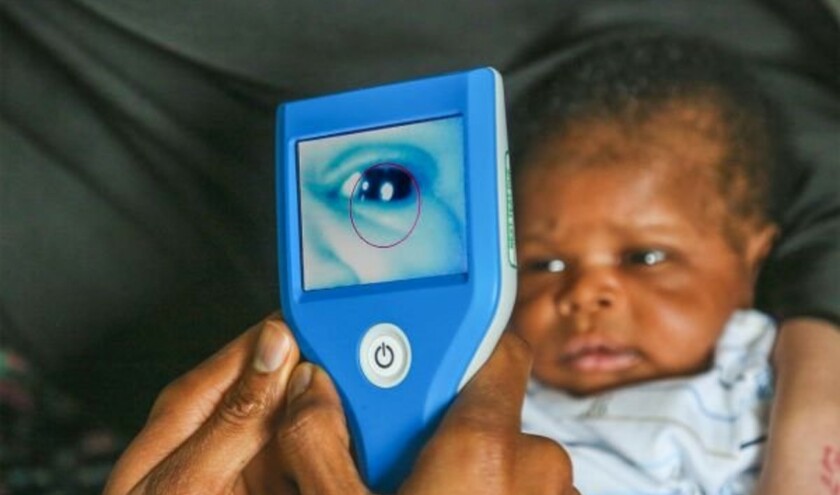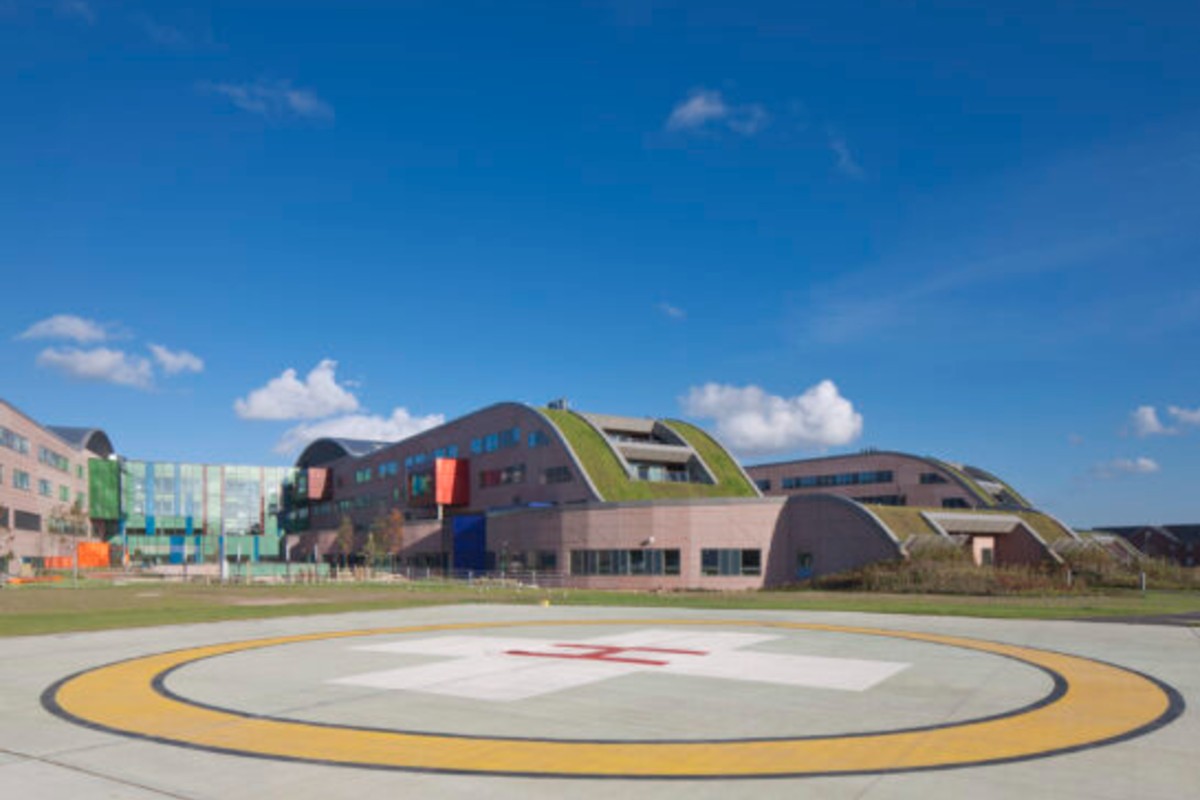The aim is that midwives will instantly be able to tell whether the photograph they take of a baby's eye with an invention called Neocam is of high enough quality to make a diagnosis or whether they need to take it again.
The additional functionality is being developed with the help of St Ives-based company 42 Technology (42T), where software engineers are using 46,000 de-identified images of babies' eyes to train a machine learning model.
Addenbrooke's consultant, paediatric ophthalmologist and Neocam inventor, Dr Louise Allen, said: ‘The aim of Neocam is to make it easier for midwives to detect congenital cataracts in babies, which is the most common cause of preventable childhood blindness.
‘In this latest development we are drawing on the power of AI, and experts in this field, to enhance Neocam and make it even easier and more reliable to use.'
The development comes as Neocam, a handheld, non-invasive tool that draws on digital camera technology, is being tested at maternity units across the UK as part of a trial called the Digital Imaging versus Ophthalmoscopy Study (DIvO study).
It will see more than 140,000 babies at 30 hospitals have their eyes tested with both devices and, although full results are not expected until 2027, several have been diagnosed with rare visual conditions that would have been missed without Neocam.
Working on the study with Dr Allen is Professor Jugnoo Rahi of Great Ormond Street Institute of Child Health, and senior midwifery lecturer, Lindsey Rose, of Anglia Ruskin University.
Sarah Knight, head of healthcare technology at 42T, added: ‘The new AI enhancements, will help clinicians deliver high-quality screening even in rural areas where specialists are not available – in the UK and globally.'



